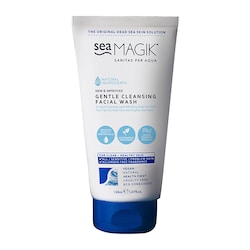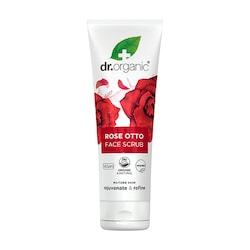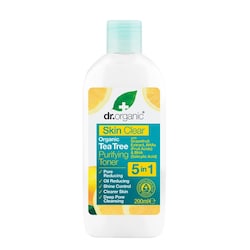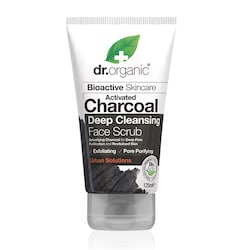15% off £20
Face Wash
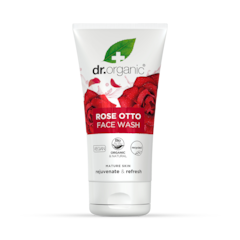
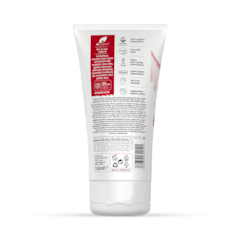
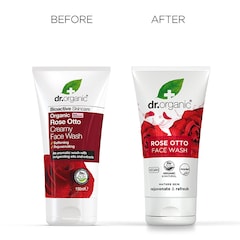
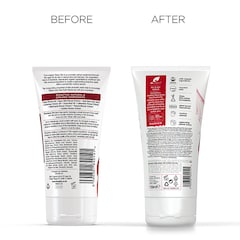
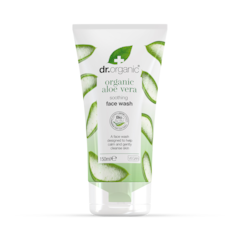
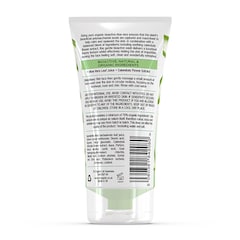
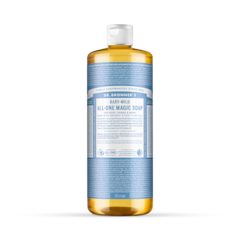
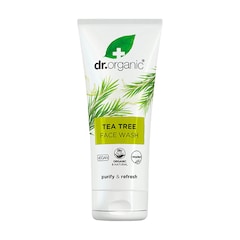
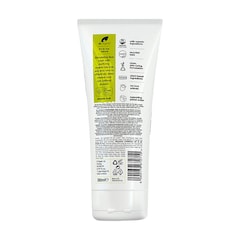
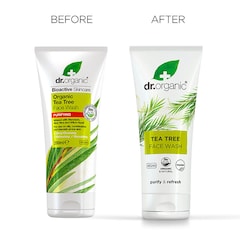
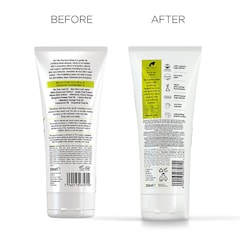
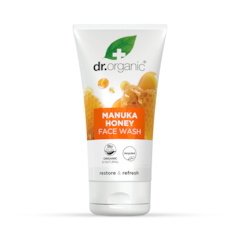
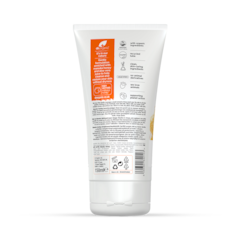
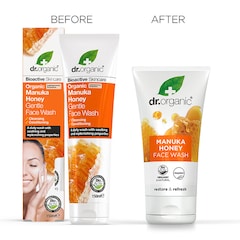
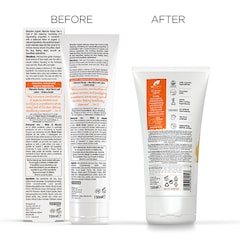
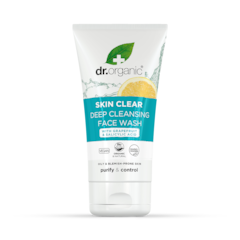
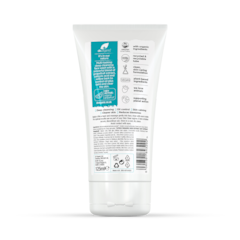
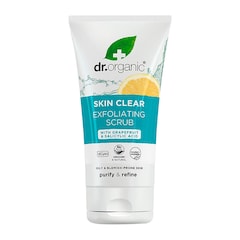
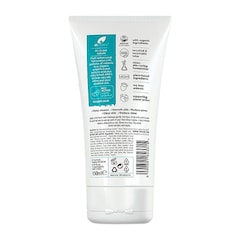
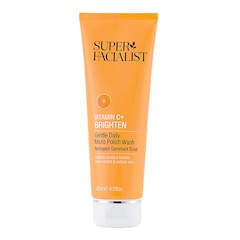

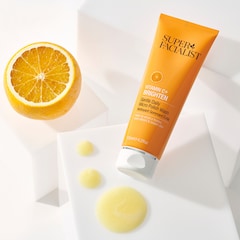
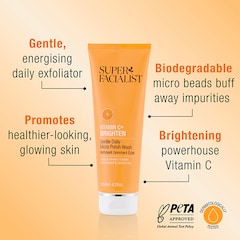
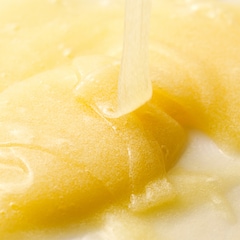
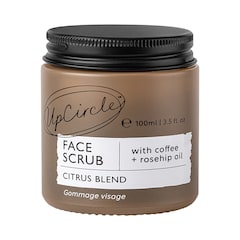
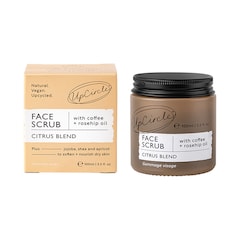
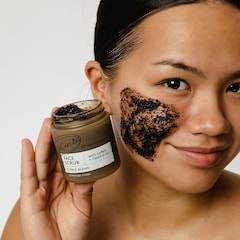
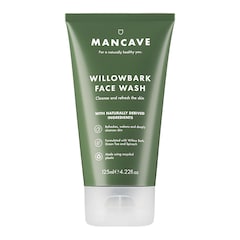
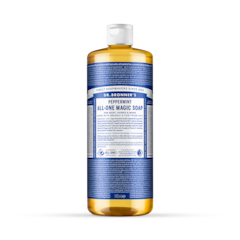
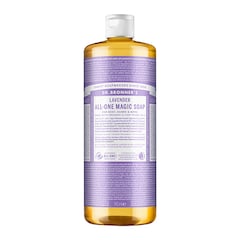
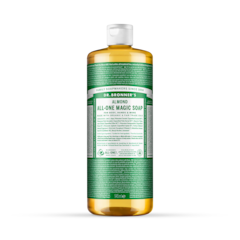
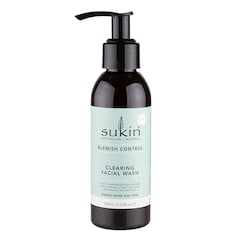
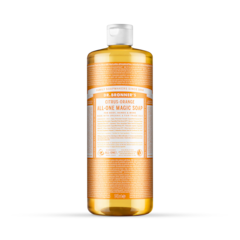
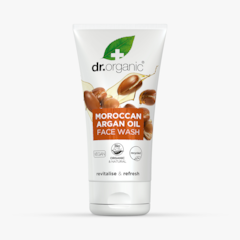
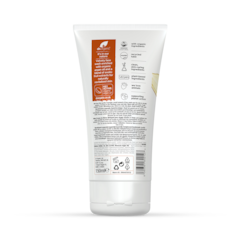
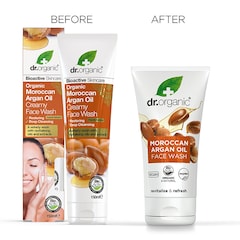
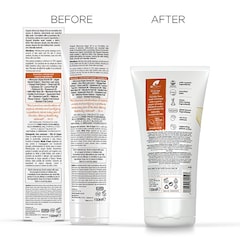
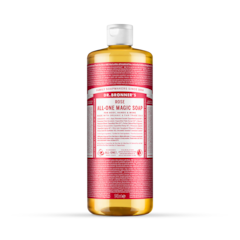
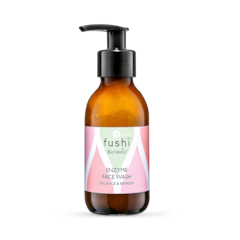
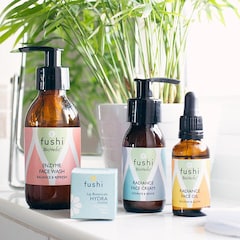
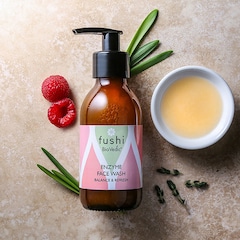
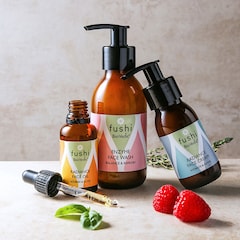
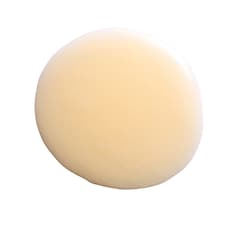
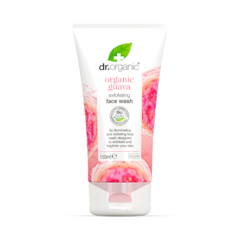
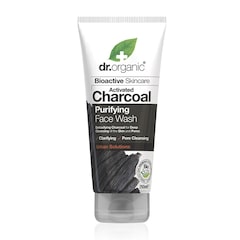
Shop Face Wash at Holland & Barrett
Face washing is the most fundamental part of any skin care routine.
It is a moment in the day when we get rid of the dirt, oil, pollutants, viruses, and dead skin cells that have accumulated.
When we wash our face we feel more awake, ready to take things on, and our skin gets a fresh look.
There are a variety of face wash products that can help with this process, and which are particularly beneficial when dealing with harder-to-remove grit or gunk like make-up, oil, and blackheads.
Facial cleansers and face scrubs
Everyone should wash their face, but whether you use liquid face wash, cleanser, or a scrub will depend on your particular skin.
Face scrubs aim to exfoliate, so it is recommended that you do this process separately to cleaning your face, and just a few times a week.
Over exfoliating can dry out or irritate your skin. Generally, exfoliation is great for leaving your skin looking brighter, for preventing clogged pores, and ensuring the effectiveness of other skin products.
Face cleansers tend to be creamy or milky or watery and are more purifying and hydrating, whereas face washes aim to deeply clean your pores.
How and when to use face washes
Dermatologists say that you only need to wash your face once a day, twice at the most (once can be better for dry skin and twice for oily skin).
The best time to wash your face
If you wear make-up, just before you go to bed could be a good time, as you definitely want to wash that off before sleeping (and getting it on the pillows or letting it soak into your skin).
The shower is also a great time to use a face wash. The warm water is already exfoliating and unclogging the pores, so the face wash will be extra beneficial, not to mention convenient.
Do avoid washing with overly hot water, as that can be damaging to your skin.
And of course if you’ve been running a marathon or playing at mud cakes with your children, or anything else particularly sweaty or dirt-involved, that is also a good time as well.
How to wash your face
Be sure to wash your hands before washing your face. We use our hands for typing on dirty keyboards, holding on to train poles, driving, and much more, which means that they are often covered in bacteria and other residues.
After washing your hands, splash your face with a bit of water, then apply the cleanser. Use a gentle massaging motion, if you like, then rinse.
Avoid using harsh scrubbing cloths or mechanical devices on your face. They don’t remove oil and over time, your skin responds to this aggressiveness by producing extra oil, which can then lead to clogging.
You can follow the facial cleanser with a serum, to address specific issues such as the appearance of fine lines, and then a moisturiser.
Recommended face washes
Try Dr Organic Skin Clear Deep Pore Face Wash which uses natural fruit acids to exfoliate dead skin cells.
Shop Face Wash at Holland & Barrett
Face washing is the most fundamental part of any skin care routine.
It is a moment in the day when we get rid of the dirt, oil, pollutants, viruses, and dead skin cells that have accumulated.
When we wash our face we feel more awake, ready to take things on, and our skin gets a fresh look.
There are a variety of face wash products that can help with this process, and which are particularly beneficial when dealing with harder-to-remove grit or gunk like make-up, oil, and blackheads.
Facial cleansers and face scrubs
Everyone should wash their face, but whether you use liquid face wash, cleanser, or a scrub will depend on your particular skin.
Face scrubs aim to exfoliate, so it is recommended that you do this process separately to cleaning your face, and just a few times a week.
Over exfoliating can dry out or irritate your skin. Generally, exfoliation is great for leaving your skin looking brighter, for preventing clogged pores, and ensuring the effectiveness of other skin products.
Face cleansers tend to be creamy or milky or watery and are more purifying and hydrating, whereas face washes aim to deeply clean your pores.
How and when to use face washes
Dermatologists say that you only need to wash your face once a day, twice at the most (once can be better for dry skin and twice for oily skin).
The best time to wash your face
If you wear make-up, just before you go to bed could be a good time, as you definitely want to wash that off before sleeping (and getting it on the pillows or letting it soak into your skin).
The shower is also a great time to use a face wash. The warm water is already exfoliating and unclogging the pores, so the face wash will be extra beneficial, not to mention convenient.
Do avoid washing with overly hot water, as that can be damaging to your skin.
And of course if you’ve been running a marathon or playing at mud cakes with your children, or anything else particularly sweaty or dirt-involved, that is also a good time as well.
How to wash your face
Be sure to wash your hands before washing your face. We use our hands for typing on dirty keyboards, holding on to train poles, driving, and much more, which means that they are often covered in bacteria and other residues.
After washing your hands, splash your face with a bit of water, then apply the cleanser. Use a gentle massaging motion, if you like, then rinse.
Avoid using harsh scrubbing cloths or mechanical devices on your face. They don’t remove oil and over time, your skin responds to this aggressiveness by producing extra oil, which can then lead to clogging.
You can follow the facial cleanser with a serum, to address specific issues such as the appearance of fine lines, and then a moisturiser.
Recommended face washes
Try Dr Organic Skin Clear Deep Pore Face Wash which uses natural fruit acids to exfoliate dead skin cells.
FAQs
What is micellar water and how can it help?
Micellar water serves a variety of purposes, including removing dirt, make-up, and oil. It helps clear out your pores and tone your skin. It is a great product because it is gentle on the skin.
Micellar water is made from purified water, moisturisers such as glycerin, and surfactants.
Surfactants are compounds that clean by lowering surface tension. In everyday life they can act as detergents, emulsifiers, foaming agents, and more. They are quite mild and are a good option for people with dry or irritable skin.
Micellar water can be great for travelling or while at work or on outings, because you can use it to cleanse when you don’t have quick access to running water. It also doubles up as a make-up remover and toner.
Try Dr Organic Manuka Micellar Water, which has a no rinse formula, making it even easier to freshen up in any situation.
In addition to the usual ingredients, it contains aloe vera, manuka honey, and provitamin B5 for an extra skin soothing effect.






